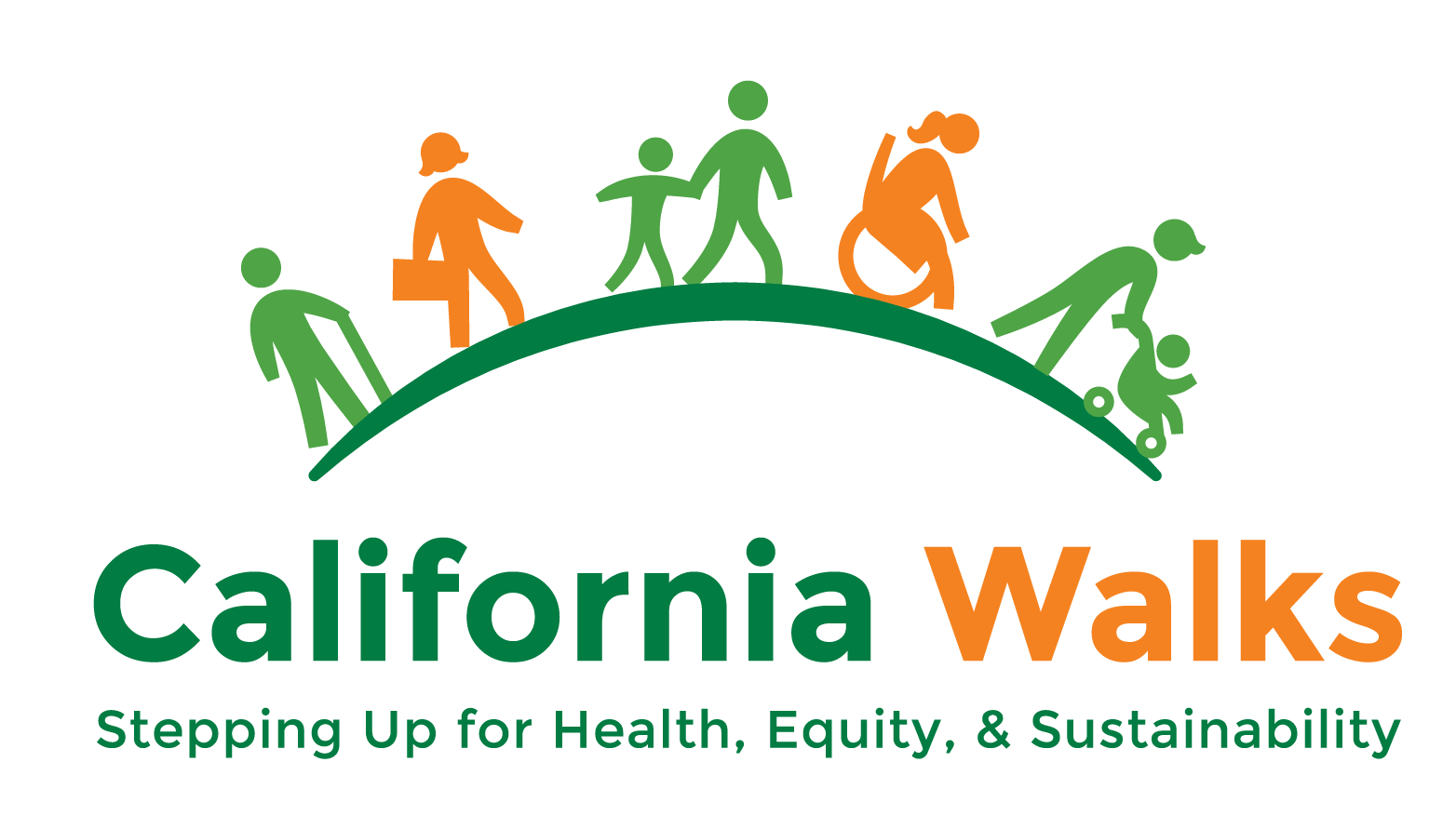Caltrans Defends Status Quo, Tries Last Ditch Effort to Derail Complete Streets Bill
We’re inching closer to making state roads safe for ALL road users, but before we can cross the finish line, let’s talk about the latest hurdle for the Complete Streets Bill (SB 127): Caltrans.
Over the past decade, our organization has worked alongside Caltrans staff to adopt policies and improve procedures to make it safer for people walking, biking, and taking transit on state-owned roads that function as local streets and main streets. Caltrans has been telling us time and again to trust them and to trust that they are doing all they can for complete streets. And yet when asked to quantify these investments, to share the types of projects they’re implementing, and to give us hard data to support their claims, they’ve fallen short. EVERY. SINGLE. TIME.
Caltrans claims it champions complete streets and that they are investing in the safety of ALL road users, but throughout the life of the Complete Streets bill, they have dragged their feet to maintain the status quo of limited accountability and transparency. Don’t believe us? Let’s look at their track record:
2017: Cal Walks and our partners repeatedly meet with Caltrans and ask for data and information to help shape the scope and reach of SB 127 (SB 760 at the time)
March 2018: Senator Wiener submits a formal letter to Caltrans to demand an answer to our requests for information
May 2018: Caltrans meets with Senator Wiener and Co-sponsors to discuss the Senator’s request for data. Caltrans addresses design guidelines but conveniently comes unprepared to answer how SB 127 (formerly SB 760) would impact Caltrans-owned roadways
June 2018: Senator Wiener's staff sends e-mail asking for updates on the status of the pending items from the letter.
February 2018: Senator Wiener's team reaches out again for a status update and is met with excuses
March 2019: Caltrans sits down with Senator Wiener and Co-Sponsors to discuss the letter. Again, Caltrans provides no concrete data and simply poses some “clarifying questions”
April 2019: Leading up to the Senate Transportation Committee hearing, Caltrans continues to withhold valuable information requested by Senator Wiener that would help define which state highways the bill would apply
May 2019: Conveniently after being shamed in the Senate Transportation Committee hearing, Caltrans responds with the data requested–over ONE year later from the Senator’s formal request and over two years after initial requests
June 2019: Caltrans complains to Assembly Transportation Committee consultants about the unknown cost of SB127 and supports amendments that would gut the bill all while maintaining they have “no position on the bill”
July 2019: Caltrans staff testify at the Assembly Transportation Committee that they have no clue what the fiscal impacts could be for SB 127 and are unable to provide even a ballpark figure
Finally, in a last ditch effort, just a few short weeks after testifying they have no clue what it would cost, Caltrans released an unfounded and ridiculous number: $1.1 billion. Yes, you read that right, that’s billion with a B.
Not only has Streetsblog California taken Caltrans to task for such an absurd estimate, but Assembly Appropriations Chair Lorena Gonzalez made clear that “Caltrans has embarrassed themselves with the projection they have given us.” Senator Wiener has also elevated Caltrans faulty numbers to California State Transportation Agency Secretary Daniel Kim (see Senator Wiener’s letter here) to put a stop to their intransigence.
So the only question is why is Caltrans against it? Against implementing their own policies? Against transparency? We think actions speak more loudly than words, and it’s clear to us that Caltrans is committed to the status quo and not to complete streets like they’ve been telling us for years. What do you think?
For more information on our state policy efforts, contact Esther Rivera, Esther@CalWalks.org.

